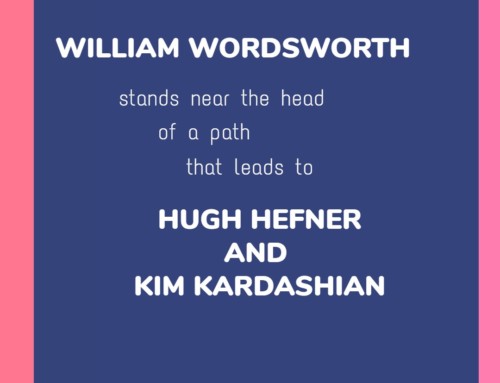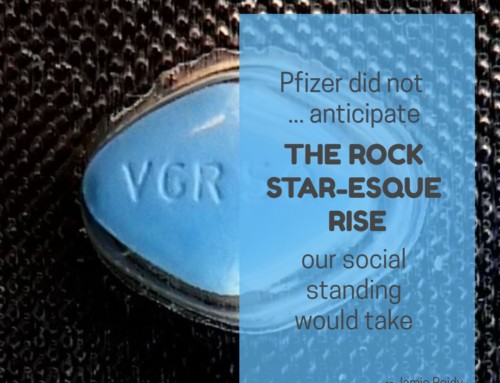I don’t remember where I ran across the book title, The Courage to Be Disliked, but it snagged my attention right away. We’ll get to why in a minute. But anyway, I tracked it down at my library and found myself something like eighth in line. As my name slowly advanced up the queue, and as I finally got my hands on it (electronically) and read it through, the line behind me grew to about eight eager readers.
What is the big deal about this book and why are we all lined up for it?
And why would any of us want to be disliked?
It’s not like it’s a personal ambition of mine. I dare say I displayed a talent for dislikability in my sorry youth. I’ve made progress since then, and don’t really want to un-do it.
But here we are, in a world where, when you put up reasonable objections to unreasonable encroachments, you get called “racist,” “transphobic,” etc., etc.
Seems the time is ripe for learning how to not care.
Courage, written by Ichiro Kishimi and Fumitake Koga, plays out as a dialogue between a philosopher and a young man. That dialogue often sounds contrived. The youth constantly exclaims “But you can’t do that! That’s impossible!” This kid has a good deal of trouble with paradox.
The patient philosopher transmits ideas he’s gleaned from the psychologist Alfred Adler, who was a bit of an anti-Freud.
So, does Courage make the youth’s life better? Does it make the reader’s life better?
I picked up some useful ideas about changing what I can, about identifying my tasks vs. other people’s tasks, about contributing to the common good.
But like every other self-help book, this one makes some big promises:
You will see that all the hardship you went through . . . was a storm in a teacup. The moment you leave the teacup, that raging storm will be gone, and a gentle breeze will greet you in its place.
No. Sorry. If you find those gentle breezes, they will be fleeting. Computers will still crash. Cats will still barf. Body parts will still hurt. Gentle breezes will be replaced by stiff winds.
Courage is still a good-enough read. But Kishimi and Koga have not replaced my favorite advice-givers. I like the ones who make no sky-high promises, but equip me with the tools to face those stiff winds.
Photo credit: pcgn7 on Visual hunt / CC BY-NC







Leave A Comment